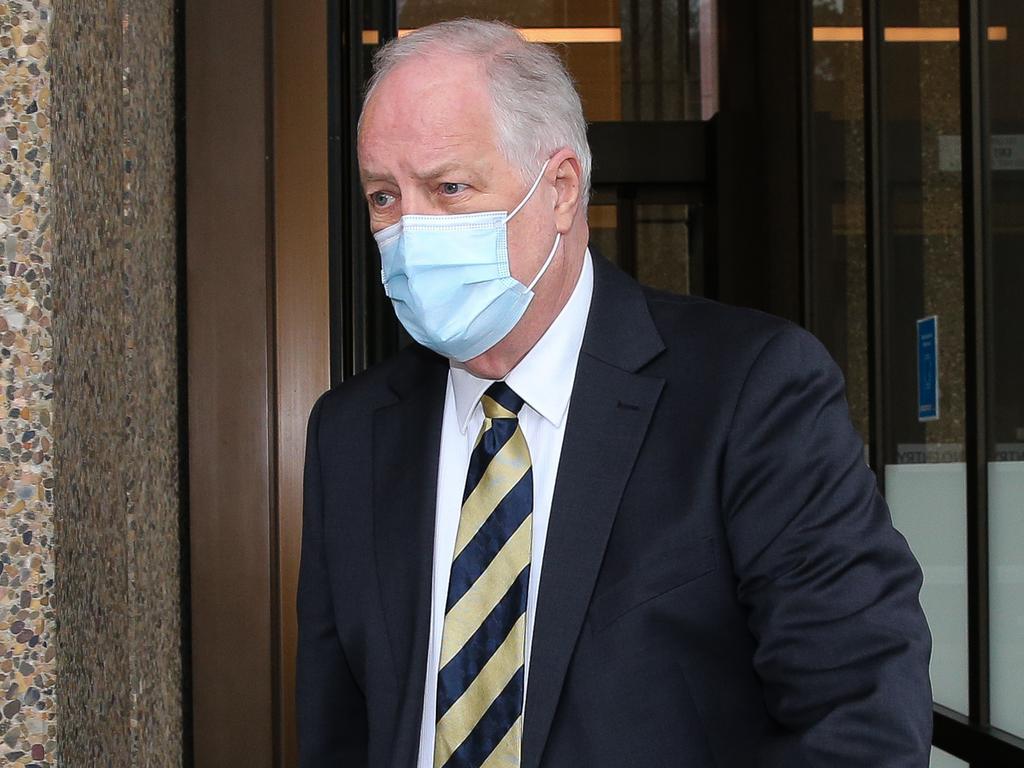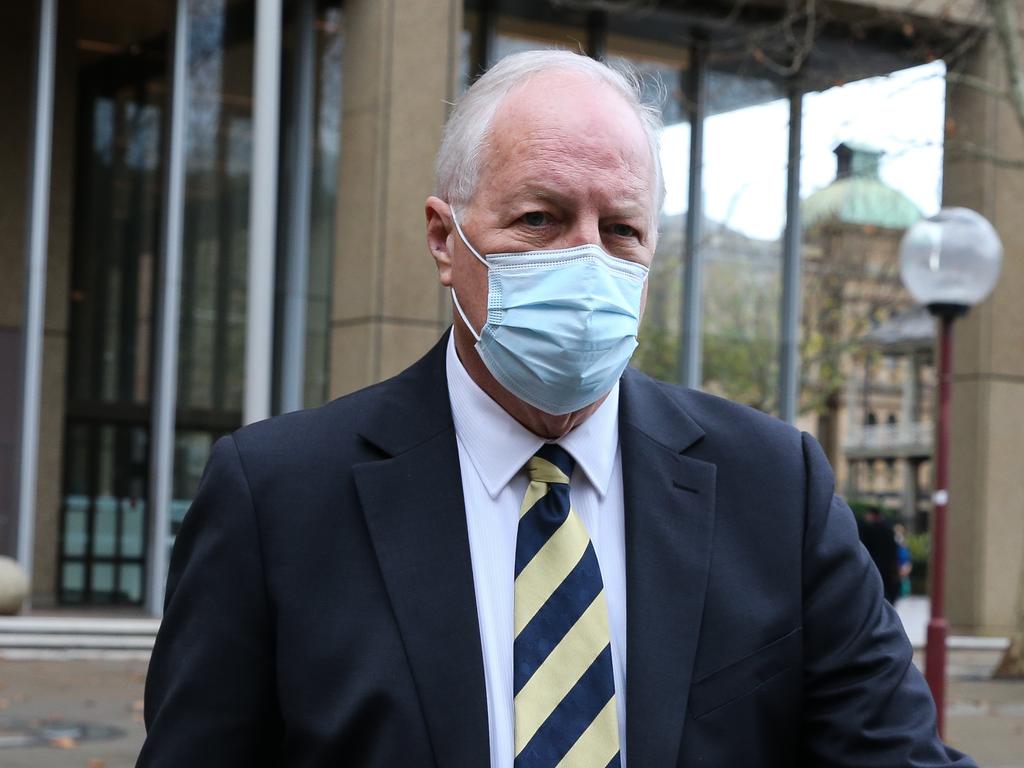Nurses ‘didn’t see’ Lynette Dawson at hospital after her disappearance
Three nurses say they never saw Dawson working at a Sydney hospital, contradicting claims she was spotted there after disappearing.

Three nurses say they never saw Lynette Dawson working at Rockcastle Private Hospital, contradicting claims she was sighted there after disappearing.
Chris Dawson’s trial for the alleged murder of his wife Lyn previously heard a couple claimed they saw the mother-of two at the hospital in 1984, two years after she went missing.
Peter and Jill Breese were former neighbours of Lyn in Bayview on Sydney’s northern beaches.
Both have said they believe they saw Lyn on separate occasions while Mr Breese was in the hospital for a nose job. Mr Breese said the woman he saw was in a nurse’s uniform.
They did not speak to the woman they thought was Lyn.
Ms Breese said when she called police in the 1980s to pass on the information, an officer told her Lyn was “under the pool”.
Three nurses – Susan Cooper, Linda McCarthy and Deborah Brassey – have now told police they didn’t see Lyn when they were working at the hospital around the period of the sighting.
There was lengthy legal argument on Wednesday on whether their evidence can be used at the trial after an objection from the defence.
“They’ve responded to the publicity this proceeding has achieved to say `we were there at the time’,” judge Ian Harrison SC said.
The three nurses have appeared by audiovisual link in a voir dire to assist Justice Harrison in deciding whether to exclude their evidence.
All three women said it was possible Lyn had worked there without them being aware of it.
Mr Everson said excluding the material “would not be consistent with the interests of justice”, while defence barrister Pauline David said it had limited probative value and was unfairly prejudicial.
Ms David alleged the case involved “police misconduct”, targeting retired detectives who had worked on the case.
The former officers made it “plainly clear” they were uninterested in the possibility of Lyn being alive, she said.
There was a wilful failure to follow up leads and to look into evidence that may have assisted Mr Dawson, she said.
That was because of their fixed view from the outset that Mr Dawson had killed Lyn.
Justice Harrison said it was a very serious accusation, and highlighted the difference between inefficient or “sloppy” policing and impropriety.
Ms David also asked the court for more time to prepare, saying she still had to go through recordings and telecommunication intercepts.
Justice Harrison said speed and haste should not stand in the way of responding to the crown’s case thoroughly and appropriately.
“We’re here after 40 years, days can hardly matter,” he said.
Justice Harrison asked Mr Everson if the crown would argue Lyn’s death should be inferred from things other than banking, taxation, immigration and health records.
“Yes. Lyn Dawson hasn’t come through this door or the door of the inquest or made any contact,” Mr Everson said.
The fact that she hadn’t was relevant in determining if she was alive, he said.
Everson confirmed he would ask the judge to consider if a woman close to her children and family would have refrained from contacting them if she was alive.
Up to seven crown witnesses are scheduled to give evidence on Friday, followed by a final two from Monday.






